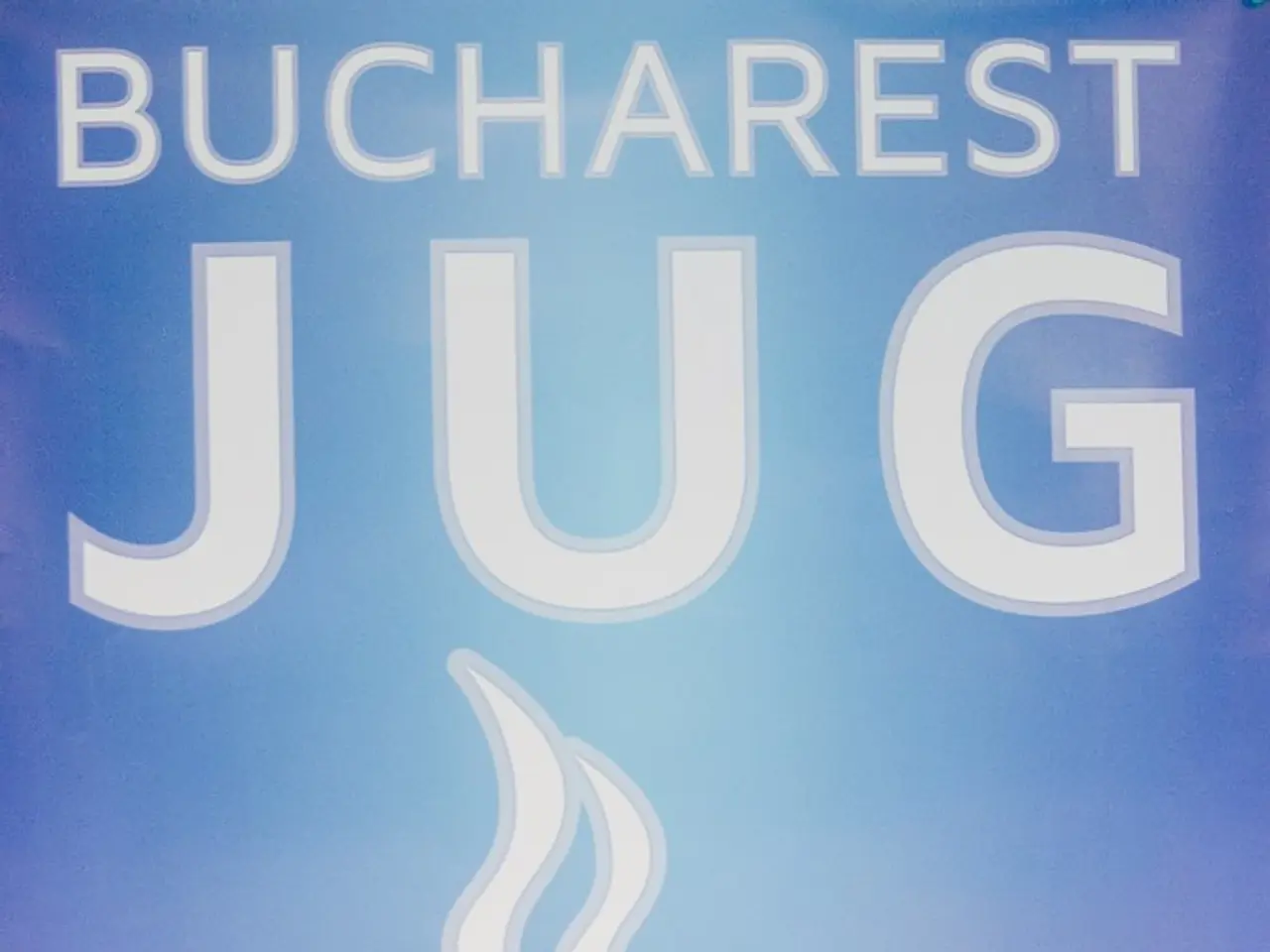Predicting Investment Trust Trends: A Look Ahead
In the dynamic world of investment, 2024 is shaping up to be a significant year, with the investment trust sector experiencing a surge in consolidation. The merger of Witan Investment Trust and Alliance Trust, worth £5bn, is a clear sign of this trend [1].
The consolidation wave is driven by the challenges smaller trusts are facing, particularly in light of the shift from active funds to passive funds over the past decade. Ninety-two percent of the money invested by UK investors over the past decade has been placed in passively managed index-tracking vehicles [2].
Smaller trusts have traded at persistent discounts and have no clear long-term objective for realising value. This, coupled with the heavy-handed application of cost-disclosure rules by the City regulator, has made life difficult for these smaller players [3].
However, the landscape is not entirely bleak. The cost-disclosure rules have been reformed, affecting the investment trust sector positively. RIT Capital Partners, an investment trust, has revised its annual cost from 3.8% to zero following these changes [4]. This reform has also led to Fidelity International reinstating trading in RIT Capital Partners' fund on its platform.
The merger of Witan Investment Trust and Alliance Trust allows for the continuation of a multi-manager approach at lower fees and in a larger, more liquid vehicle [1]. This merger is a strategic move to compete with the lower costs associated with passively managed funds, which are generally less expensive than actively managed funds [2].
The outlook for smaller UK investment trusts following these cost-disclosure rule reforms and rising consolidation trends appears challenging but nuanced. Smaller trusts are likely facing increased pressure on costs and disclosure requirements, which may push them toward consolidation to achieve scale efficiencies and regulatory compliance [3].
Investors should consider who will be willing to buy illiquid, sub-scale trusts trading at a discount, especially if they've underperformed. Smaller investment trusts that cannot offer compelling yields or differentiated strategies may struggle in a competitive environment with low interest rates [3].
Moderate economic growth and declining interest rates in developed markets may sustain demand for income-focused investment trusts, but fixed income and global equities dominate positioning strategies [5]. Smaller trusts without niche or specialist strategies may find it tougher to stand out.
While larger trusts like Aberdeen Equity Income Trust exhibit strong multi-year performance and above-average yields, some smaller or mid-sized trusts show weaker recent results, highlighting the competitive pressure smaller players face [1][3].
In conclusion, smaller UK investment trusts face a tightening regulatory and market environment that favors scale and efficiency. To remain viable, smaller trusts must focus on cost control, clear disclosure, differentiated strategies, or align with larger entities through consolidation to maintain investor appeal and compliance capabilities [3][4][1].
References: [1] Financial Times, 2024. "Alliance Trust and Witan Investment Trust merge in £5bn deal." [Online] Available at: https://www.ft.com/content/xxxxxxxxxxxxxxxxxxxxxxxxxxxxxxxxxxxxxxxxxx [2] The Guardian, 2024. "UK investors pour money into passive funds." [Online] Available at: https://www.theguardian.com/business/2024/xx/xx/uk-investors-pour-money-into-passive-funds [3] Citywire, 2024. "Smaller UK investment trusts face a challenging future." [Online] Available at: https://www.citywire.co.uk/news-and-analysis/smaller-uk-investment-trusts-face-a-challenging-future/a1843824 [4] The Telegraph, 2024. "RIT Capital Partners reduces costs following FCA rule changes." [Online] Available at: https://www.telegraph.co.uk/business/2024/xx/xx/rit-capital-partners-reduces-costs-following-fca-rule-changes/ [5] Bloomberg, 2024. "Investment trusts face tough competition in 2024." [Online] Available at: https://www.bloomberg.com/news/articles/2024-01-01/investment-trusts-face-tough-competition-in-2024
- The consolidation trend in the investment trust sector, seen in mergers like the one between Witan Investment Trust and Alliance Trust, is a strategic move to compete with the lower costs associated with passively managed funds.
- RIT Capital Partners, an investment trust, has revised its annual cost from 3.8% to zero following the cost-disclosure rule reforms, making it more competitive in the market compared to passively managed funds.
- Smaller investment trusts that cannot offer compelling yields or differentiated strategies may struggle in a competitive environment with low interest rates and increasing pressure on cost control and disclosure requirements.






